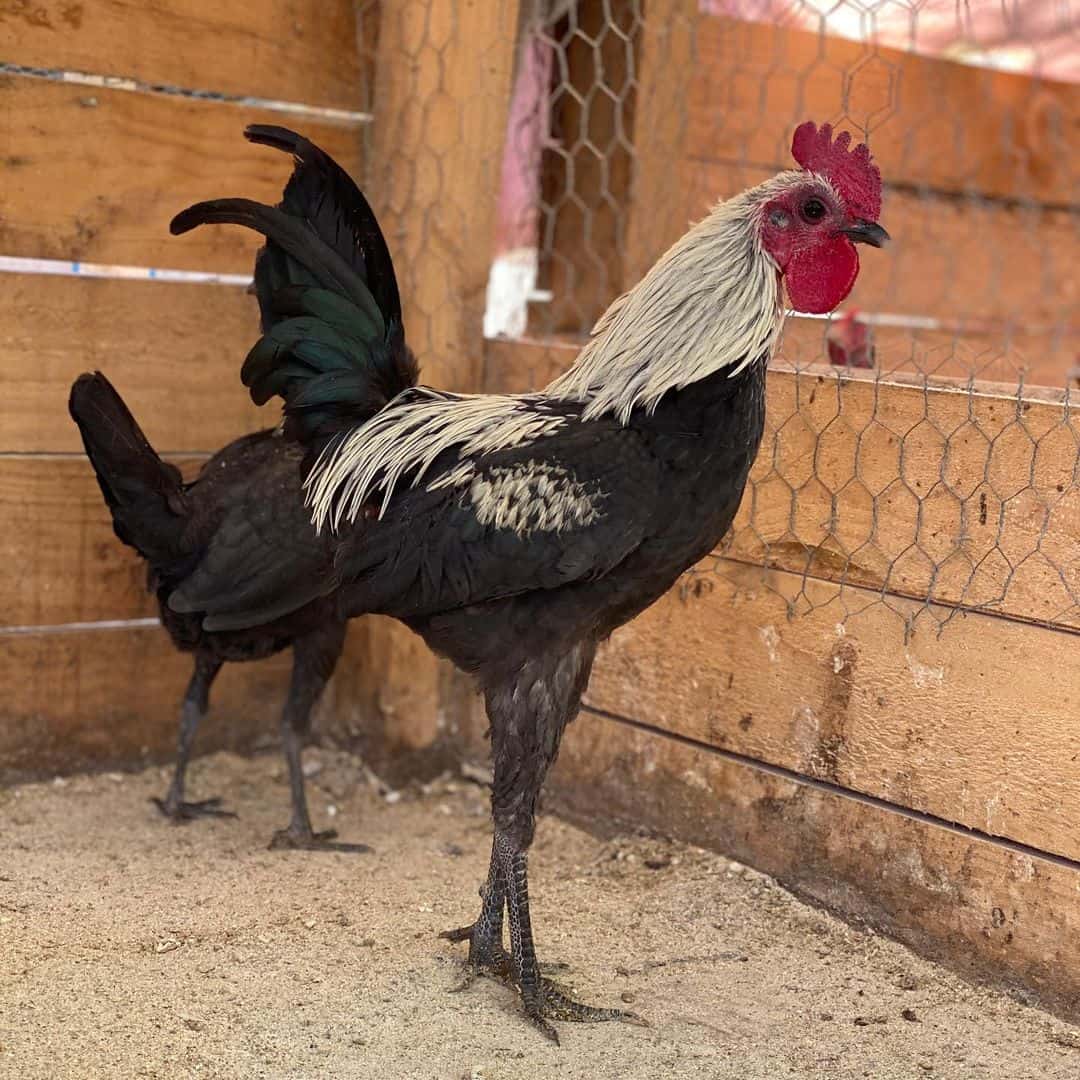In the realm of aviculture, fighting cockerel breeds stand out as a captivating and controversial subject. These birds, honed for their exceptional fighting skills, have a rich history intertwined with various cultures worldwide. From the ancient arenas of Rome to the vibrant backyards of Southeast Asia, the allure of these magnificent creatures cannot be understated. Engaging in cockfighting has been a traditional practice for centuries, raising questions about ethics, sport, and the sheer beauty of the breeds themselves.
The fascination with fighting cockerel breeds is not merely about the thrill of competition; it is also about the dedication and passion of breeders who have spent years perfecting their lines. Each breed showcases unique traits, from physical attributes to fighting styles, which makes them a subject of study for enthusiasts and professionals alike. Understanding these breeds requires a deep dive into their history, genetics, and the cultural significance they hold within different communities.
As we explore the world of fighting cockerel breeds, we will also address important questions surrounding the practice of cockfighting. Is it a sport or an unethical practice? What are the legal implications in various countries? And most importantly, how do these breeds differ from one another? Join us on this journey to uncover the truth behind fighting cockerel breeds and their place in our society today.
What Are the Most Popular Fighting Cockerel Breeds?
When discussing fighting cockerel breeds, several names pop up repeatedly due to their distinctive characteristics and fierce reputations:
- American Game: Known for their agility and stamina, these birds have a long history in the U.S.
- Asil: Originating from India, Asils are known for their strength and fighting spirit.
- Shamo: This Japanese breed is recognized for its powerful build and unique fighting style.
- Sumatra: Renowned for their endurance and adaptability, Sumatras are a favorite among aficionados.
Why Are Fighting Cockerel Breeds So Controversial?
The practice of breeding and training fighting cockerels is steeped in controversy. Critics argue that it promotes animal cruelty, while supporters maintain it as a form of traditional sport. The ethical considerations surrounding cockfighting raise several important points:
- Animal welfare concerns: Are the birds treated humanely?
- Legal status: Is cockfighting legal in your region?
- Sport vs cruelty: Can it be seen as a legitimate sport?
How Do Breeders Select Fighting Cockerel Breeds?
Breeding fighting cockerels involves a meticulous selection process that considers various traits essential for performance:
- Genetics: Breeders often select birds with proven lineage.
- Physical Attributes: Size, weight, and feather type are critical factors.
- Temperament: A fighting cockerel must possess a strong, assertive nature.
What Are the Training Techniques for Fighting Cockerel Breeds?
Training a fighting cockerel is a rigorous process, involving various techniques to enhance their skills:
- Physical Conditioning: Regular exercise to build stamina and strength.
- Technique Training: Teaching birds to respond to commands and hone their fighting styles.
- Diet and Nutrition: Providing a balanced diet to support their physical needs.
Are There Health Risks Associated with Fighting Cockerel Breeds?
Like any animal involved in physical competition, fighting cockerels face health risks, including:
- Injuries from fights
- Stress-related health issues
- Transmission of diseases
What Is the Future of Fighting Cockerel Breeds?
The future of fighting cockerel breeds remains uncertain as societal attitudes shift towards animal rights and welfare. Many breeders are adapting to these changes by promoting responsible breeding practices and emphasizing the importance of humane treatment. The potential for these breeds to transition into show birds or hobbyist pets is also on the rise.
Conclusion: Embracing the Complexity of Fighting Cockerel Breeds
Fighting cockerel breeds encapsulate a world filled with passion, controversy, and tradition. While the practice of cockfighting may evoke strong opinions, it is crucial to understand the intricacies of these breeds and the dedication of those who breed them. As we continue to navigate the ethical landscape surrounding this practice, the future of fighting cockerel breeds may lie in striking a balance between tradition and compassion.
Discovering The Vibrant Atmosphere Of La Arana Discoteca
Understanding FPC Montgomery Federal Prison Camp: Facts And Insights
Unveiling The Meaning Behind "Back To Black"


